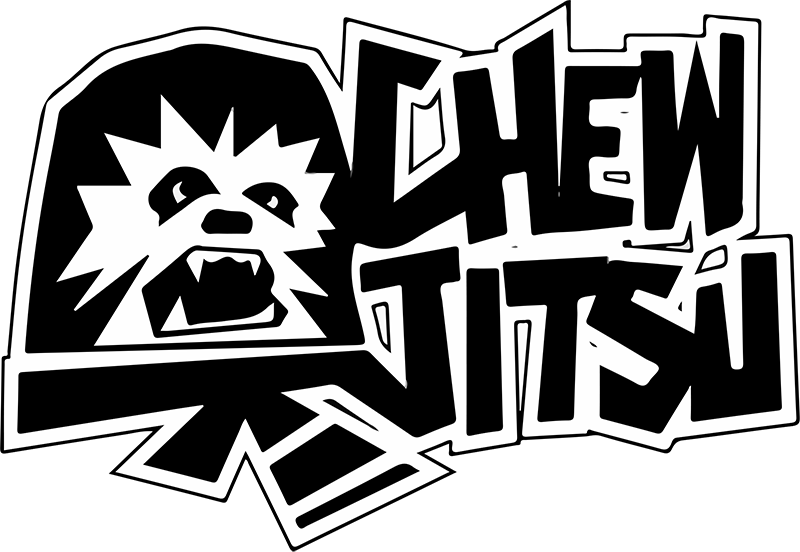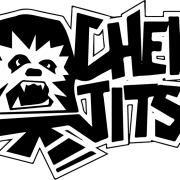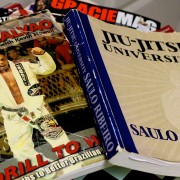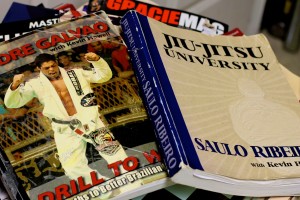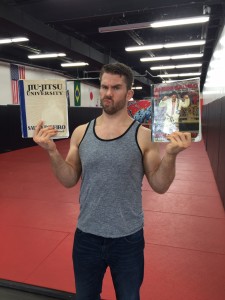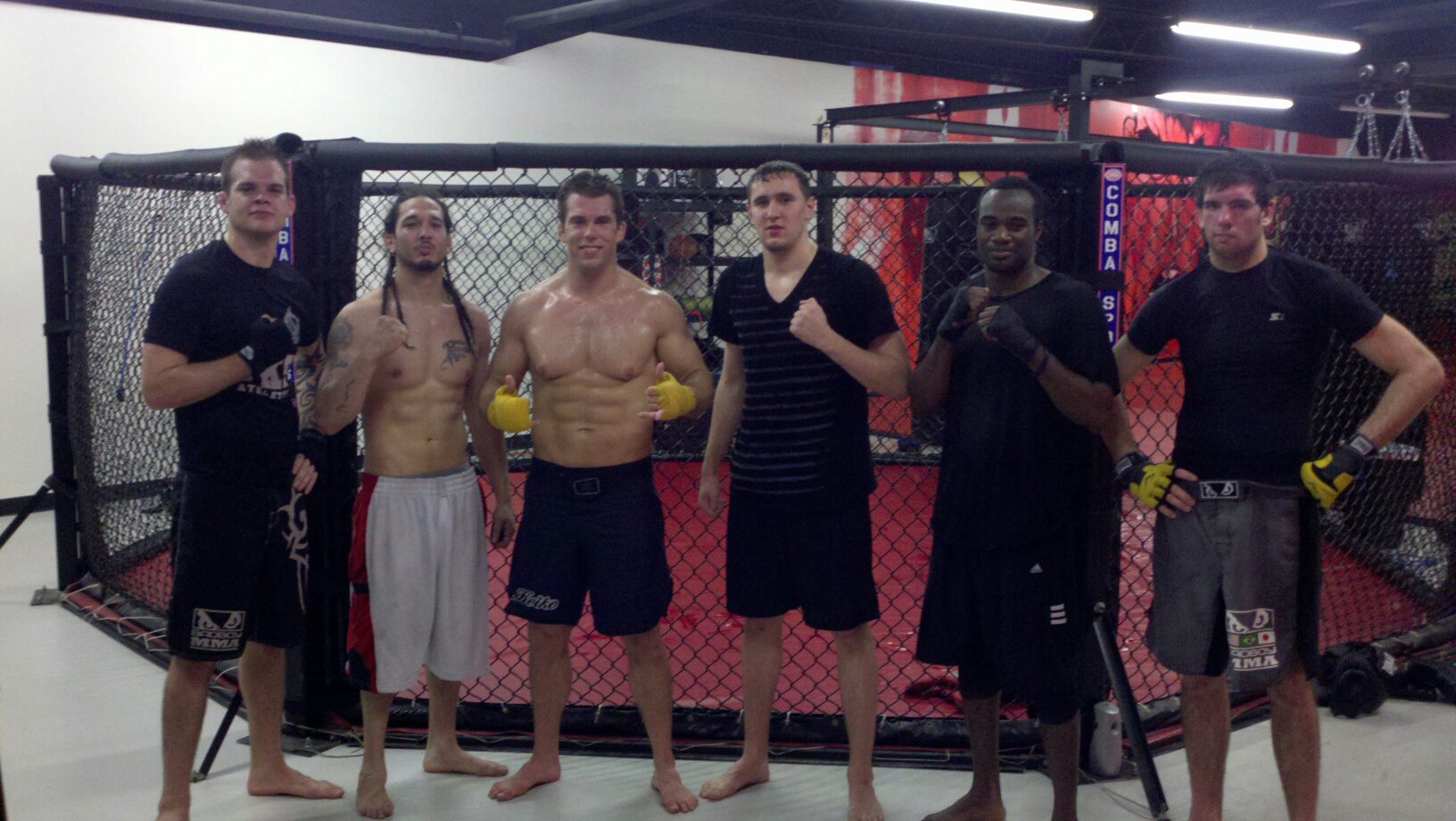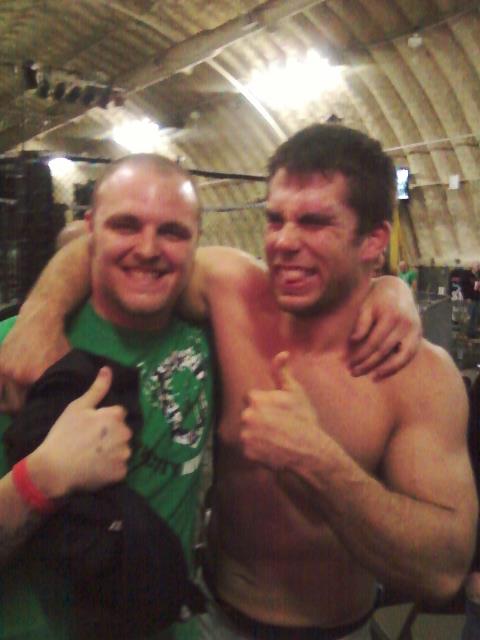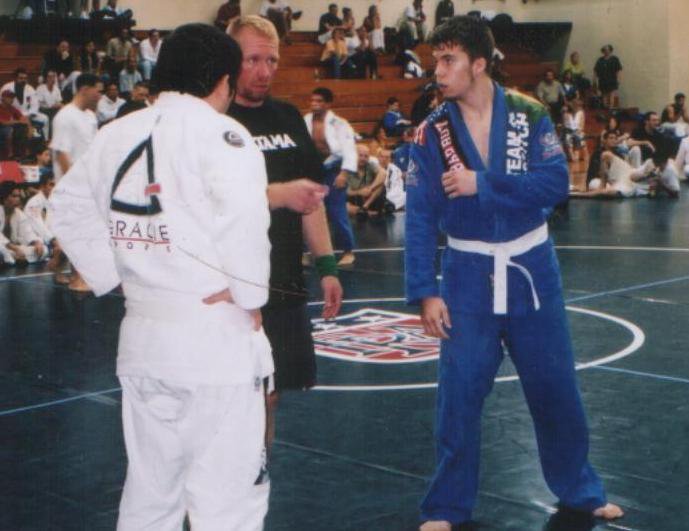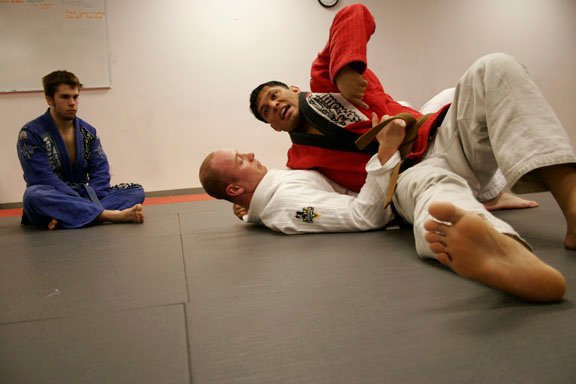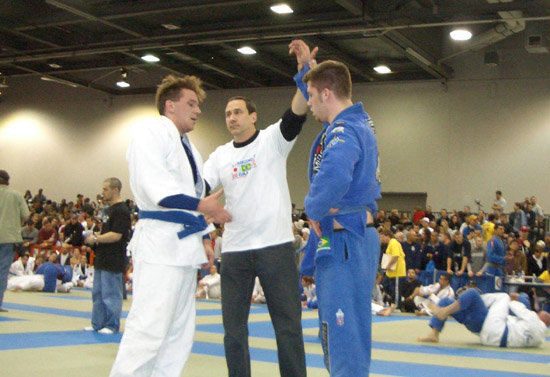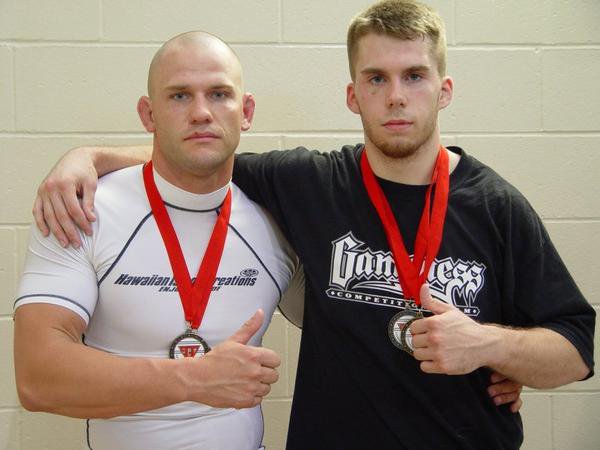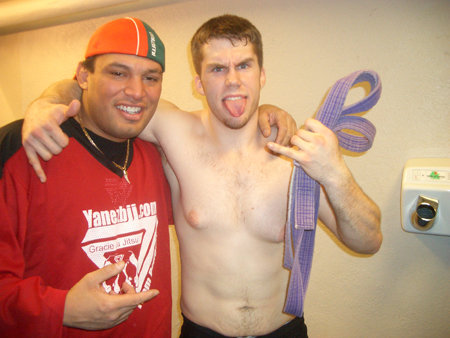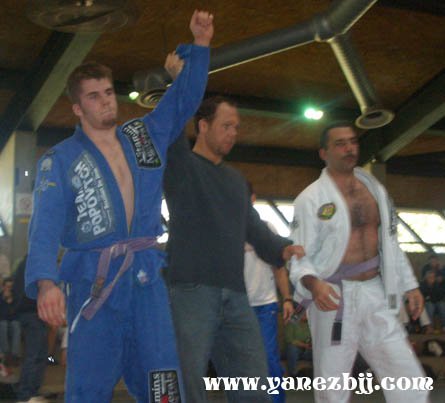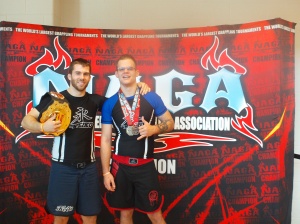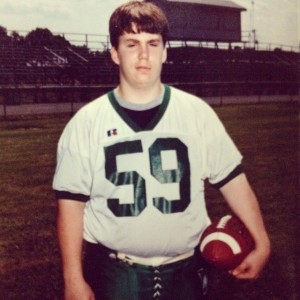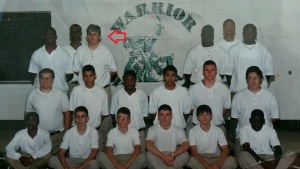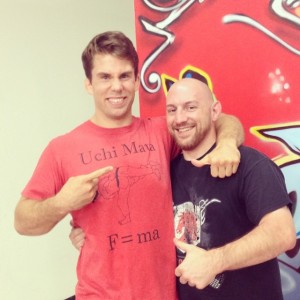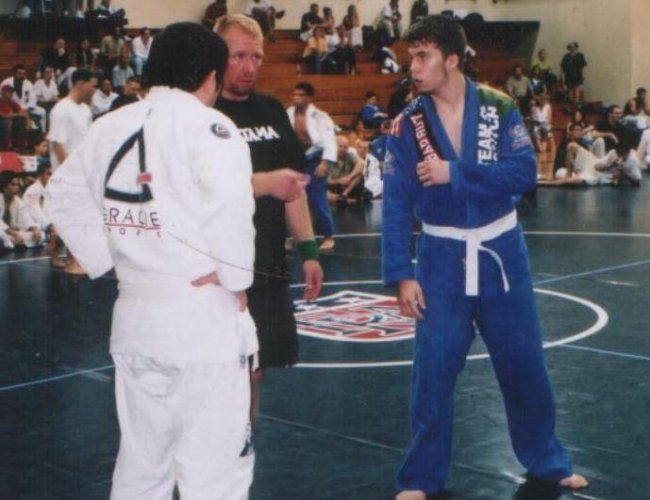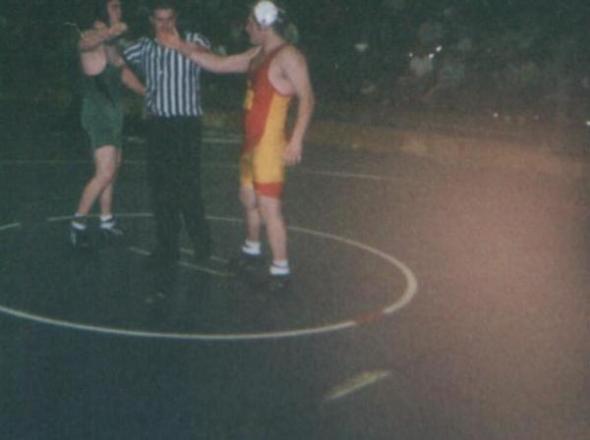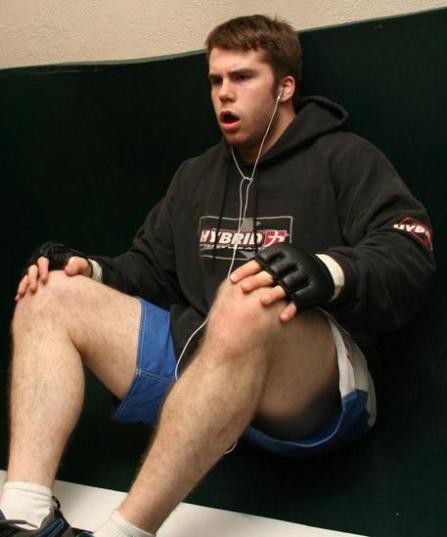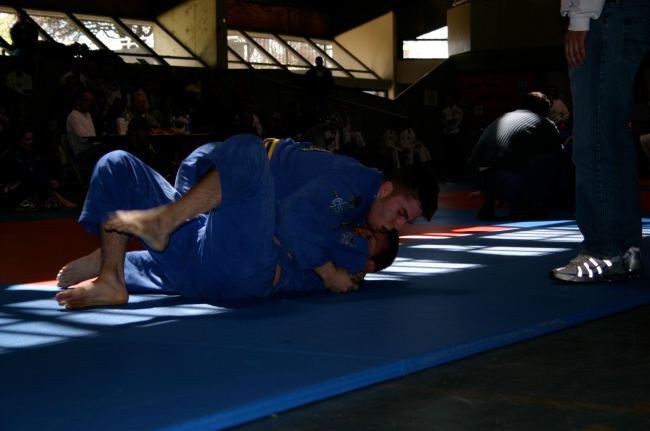
“Mental toughness is many things and rather difficult to explain. Its qualities are sacrifice and self-denial. Also, most importantly, it is combined with a perfectly disciplined will that refuses to give in. It’s a state of mind – you could call it character in action.” – Vince Lombardi
“Courage isn’t having the strength to go on – it is going on when you don’t have strength.” – Napoleon Bonaparte”
(I like to think to interpret this quote with “courage” replaced with “mental toughness.”)
“Strength does not come from physical capacity. It comes from an indomitable will.” – Mahatma Gandhi
“That which does not kill us makes us stronger.” – Friedrich Nietzsche
Fun video of Cary Kolat sharing a story of mental toughenss. https://www.youtube.com/watch?v=cjzVVT8JTeM
10. Mental Toughness- I often talk to my students about the pesky voices that will present themselves when they find them in bad positions, when they become tired, or when they are nervous. Do you know what I am talking about? Have you ever been exhausted and stuck under someone’s crushingly heavy top pressure, having a conversation inside your head about whether or not to give up the fight? I have. The situation reminds me of the old cartoons where you would see a devil and angel sitting on top of the character’s shoulders. Except instead of urging me to do something nefarious or kind, part of me says “keep fighting” and the other side says “He’s so heavy. Just give up position, its ok”. If you’ve never experienced these sort of thoughts, then you are tougher than most. Over the years of training I’ve been able to minimize and for the most part extinguish that voice that tells me I should give up. Early on it was very tough for me and required a lot of mental focus not to succumb to those mental suggestions caused by frustration and fatigue.
One of my favorite aspects of competitions or extremely competitive rolls is that they can definitely help bring out the best in us. They can also bring the worst out. If I may, I’d like to share a story of a tournament match I had years ago.
One very insightful competition match that I experienced came from the days when I was a blue belt. I had finished finals for school and came down to a tournament in Tennessee. I did not cut weight nor did I pay much attention to my weight. I had been busy with school, barely trained for the tournament and just figured, “what the hell, I’ll just compete.” I ended up winning my division fairly easily, but the real fun came in the open division. As luck would have it, I fell right at the weight cut off. The weight divisions were 193.9lbs and under and 194lbs and over. I weighed in at 194.5lbs. . . go figure.
My first match pitted me up against a bruiser wrestler. His name escapes me but I do remember that he weighed around 225lbs with a substantial amount of that being lean muscle. I also remember that he had wrestled in college for 4 years. I also recall being a bit intimidated by his much larger physique. Once our match began the first few minutes went very poorly for me. I was taken down several times and the point spread was up to 12-0 in his favor. Then he mounted me, and this is where things got interesting. See, this tournament had a skunk rule. Meaning if he was up 15 to my 0 then he would receive a technical win. The mount being a 4 point move, meant that he was 3 seconds away from securing the win and thus making me look like I didn’t belong on the mat with him.
This is a moment where I personally had this conversation with myself. I remember this moment vividly. I was so angry for letting him get so far ahead on points. He was strong and had used his wrestling to deny me my usual comfortable top game position. I was just frustrated. Somehow I dusted away the frustration and turned it into determination. I thought to myself “I can’t give up this easy! I need to at least make him work for his win.” Fun Fact, when I compete I am not always worried solely about winning. Yes, winning is high on the priority list, but win or lose I want it to be a good competitive match. Anyways, after having these thoughts rush through my head I manage to escape mount and rally back. Once I made it out of mount he never scored another takedown or a single point for that matter and I was able to rack up 10 points. With about a minute of the match left and the end closing, he shot in for the takedown, I sprawled and attempted a guillotine choke and pulled guard. The choke didn’t stick and my arm slipped off his sweaty neck. Then I attempted a kimura sweep. He stuffed the sweep but I caught a snag on his arm, transitioning to the kimura, I desperately tried to crank the arm to finish. This moment in the match was kind of neat because it was only a few seconds but I remember noticing everyone in the crowd around us, minus his teammates of course, cheering for me. I was the smaller BJJ guy trying to topple the larger wrestler. I also remember looking of my shoulder as I held onto the kimura lock. I could see his face getting redder by the second as he flexed his arm, keeping it stiff and denying me the finish. Lastly I remember looking at my arms shaking as they were fully flex and fatigued from the long match and a voice in my head encouraging me, “Come on!”.
Sadly I was not able to finish the lock and the bruiser wrestler had his hand raised in victory. I suppose the silver lining was that I wore him out during our match. Because in his next match he was finished in 30 seconds via armbar by a guy we all called Brazilian Mike. Strangely enough Brazilian Mike wasn’t from Brazil or Brazilian. If I was able to wear him down that much, in my mind, meant that it was a good match. The best part about this particular match was that it gave me a clear example of how powerful the mental side of things can be. After reflecting on this match, I realized how valuable it is to have the ability to deal with frustration and uncomfortable feelings while being under heavy physical and mental pressure.
There is an interesting feeling that happens during a tournament match or competitive roll in the gym. That feeling is when you feel someone’s body relax and give up, even if it is just for a second. Think back to your own experiences. Have you ever had a good roll with someone and were trying to secure a pass, sweep or submission, and eventually after a struggle you felt their defensive hand positioning and body positioning give way to your attempts? You may even know this sensation from being the one who mentally broke and allowed the person to pass, sweep or submit. During this match I was almost the one that mentally broke. I was fortunate enough to have the resolve to wipe away the defeatist mindset and come back strong in the match. This was a result of hard training and preparation.
The Take Away
After reading this I want you to think for a second. Have you ever let your own personal demon get the better of you during your training? Have you ever found yourself rolling in the gym or in a competition having a conversation inside your head contemplating giving up when things get a little tough? Have you ever been training and just got frustrated because you were in a tough spot and ended up making tons of mistakes as a result of your own frustration? Maybe you just find yourself not pushing through a little discomfort caused by fatigue and sitting out a round during training. If you do any of these things, like most of do, then I have a simple challenge for you. Push through it. Developing mental toughness is very much a personal thing. I can’t develop mental toughness for you and you can’t develop it for me. Your coaches and training partners can help assist, but ultimately, it is up to you to push yourself past your perceived limitations.
5 Tips
- Simply be aware of your faults. Start by thinking about situations where you feel the most frustration of discomfort. After pinpointing them, prepare for it next time. Drill to correct mistakes and be ready to relax in those rough spots. It’s always easier to deal with something if you’re prepared.
- Positional rolling. Let’s say that you have a horrible time escaping mount and it’s a position that causes you the most trouble. After you drill some escapes. Grab a partner with a good mount and perform escape or submit rounds from mount. Meaning, if you escape, restart in mount and if your partner submits you, restart in mount. This concentrated exposure will desensitize you to the position and allow you to become more calm and composed.
- Learn to push yourself in training when you’re uncomfortable. When you become tired or fatigued and feel like you’ve reached your limit. Keep going! Train yourself to push through the mentally accepted limitations and learn to function even when you’re uncomfortable or tired.
- Hard rolling. Going hard in the gym will help you develop the kind of grit you need to be assertive on the mat. It will also help you develop the resolve to continue fighting even when your opponent is coming at you strong.
- Being in good shape helps. If you are preparing for a tournament it really helps to be in good physical condition. From my experience many times people mentally break because they get tired and fatigued.
*Note that training hard and pushing yourself past your limits is not necessary day to day, all year round. However, if you are experiencing hangups anywhere or are preparing for competitions, its definitely worth doing.
As always, thanks for reading!
